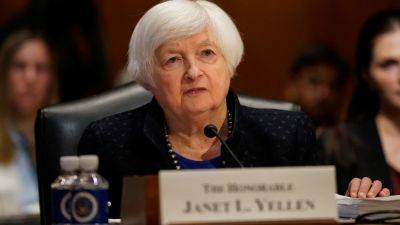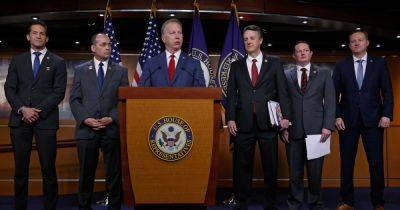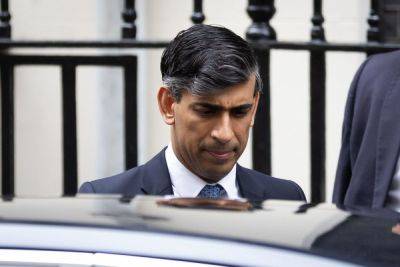Spring Budget Was A "High Risk" Way To Cut Taxes, According To Economists
Chancellor Jeremy Hunt's decision to leave a narrow fiscal "buffer room" in Wednesday's budget has been described as a "high risk" strategy by economists who say that deep public spending cuts could be penciled in on the horizon to pay for it.
After announcing the Spring Budget to the House of Commons on Wednesday – which included multiple changes to taxation including a two per cent cut to National Insurance contributions, an abolition of the "non-dom" tax regime, and the introduction of a vape tax – the chancellor said the government was sticking to its plan for "long term growth.
"[This Budget] delivers more investment, more jobs, better public services and lower taxes," Hunt told MPs.
"But dynamism in an economy doesn’t come from ministers in Whitehall, it comes from the grit and determination of people who take risks, work hard and innovate. Not government policies, but people power.
"It is to unleash that people power that we have today put this country back on the path to lower taxes."
But economists have said Hunt's Budget is unusually "high risk" in that it leaves significantly less "fiscal headroom" than usual despite a difficult economic political backdrop – with the Office for Budget Responsibility (OBR) in its forecast on Wednesday describing the £8.9bn margin left by the chancellor as "historically modest".
The term "fiscal headroom" refers to what the government can tax and spend within the fiscal rules it has put upon itself – with the current government's rules centred on having debt falling as a percentage of GDP within five years.
"In November, he had £13bn and now, I believe it's below £9bn – so less than a third of the average headroom of previous fiscal events," George Dibb, associate director for







